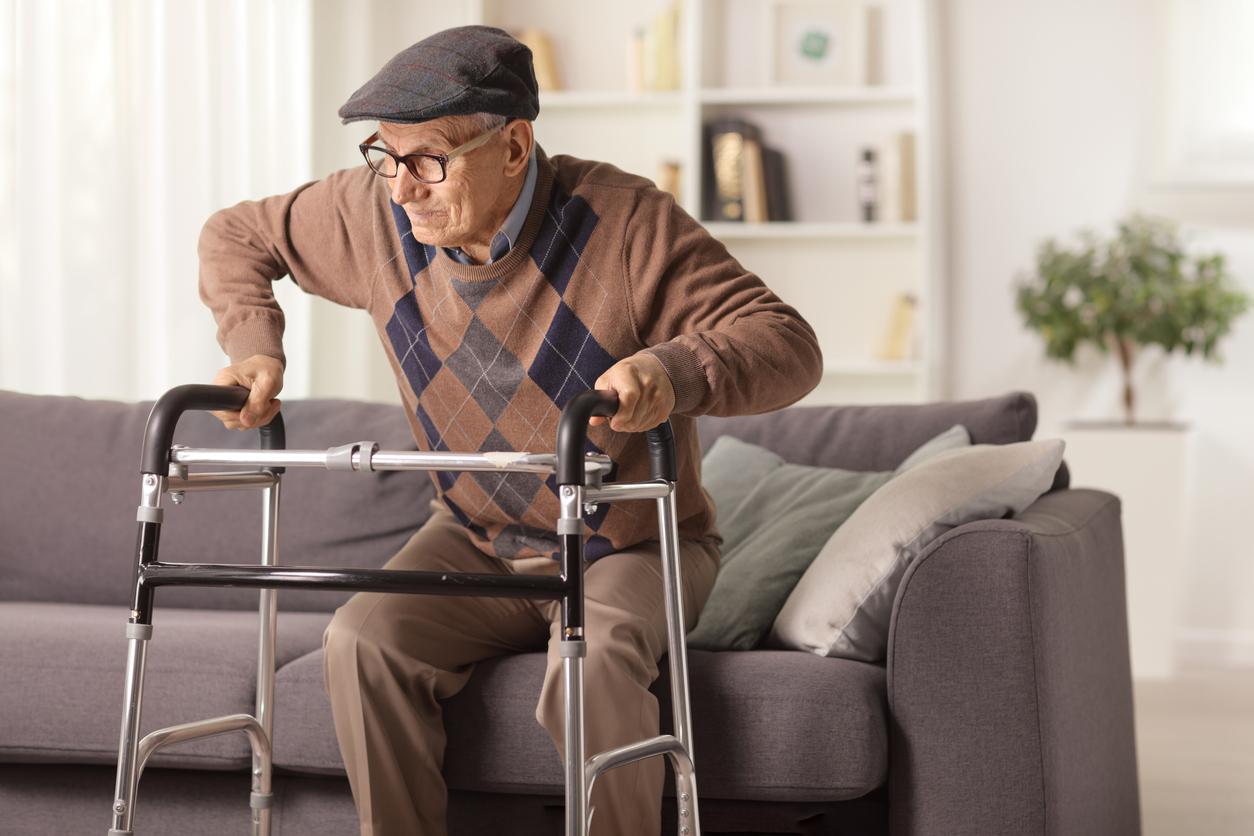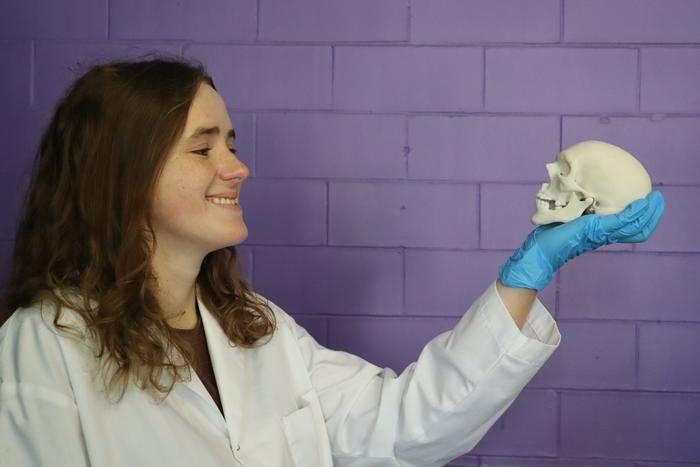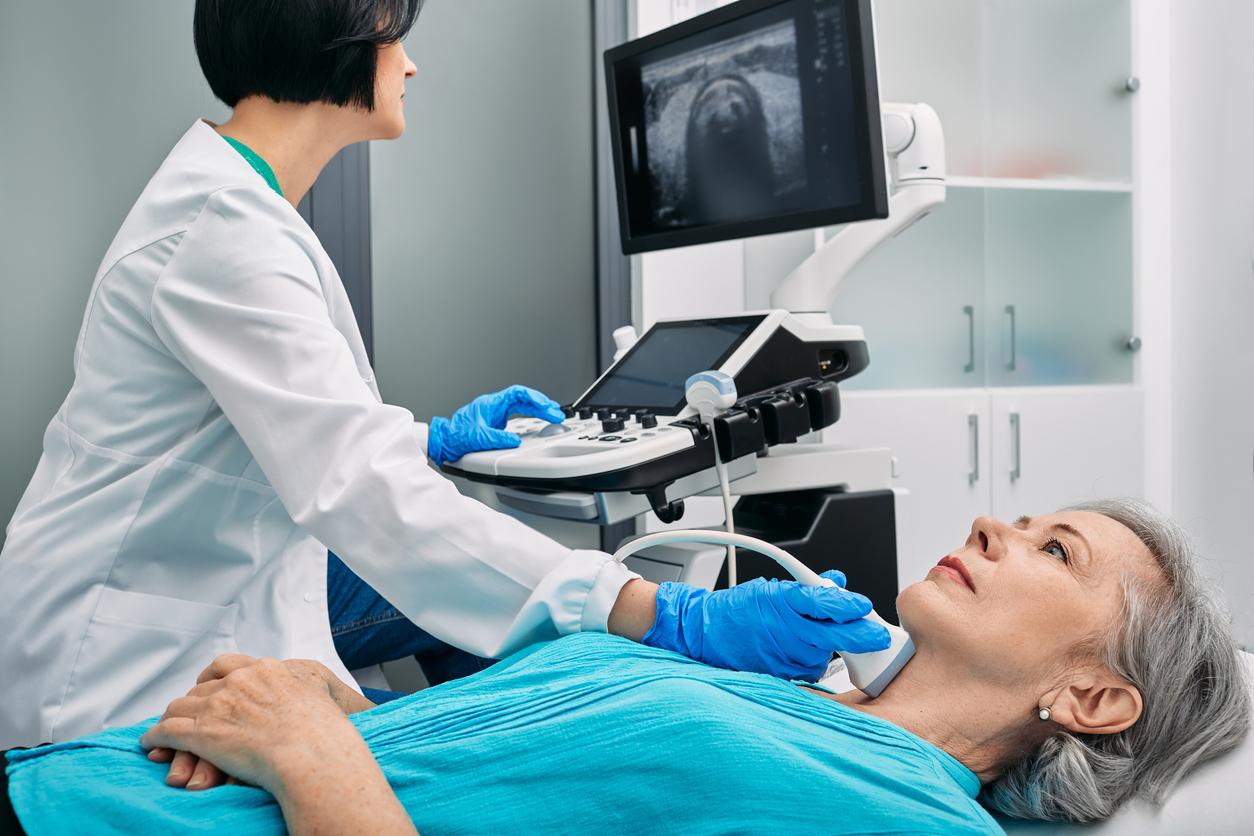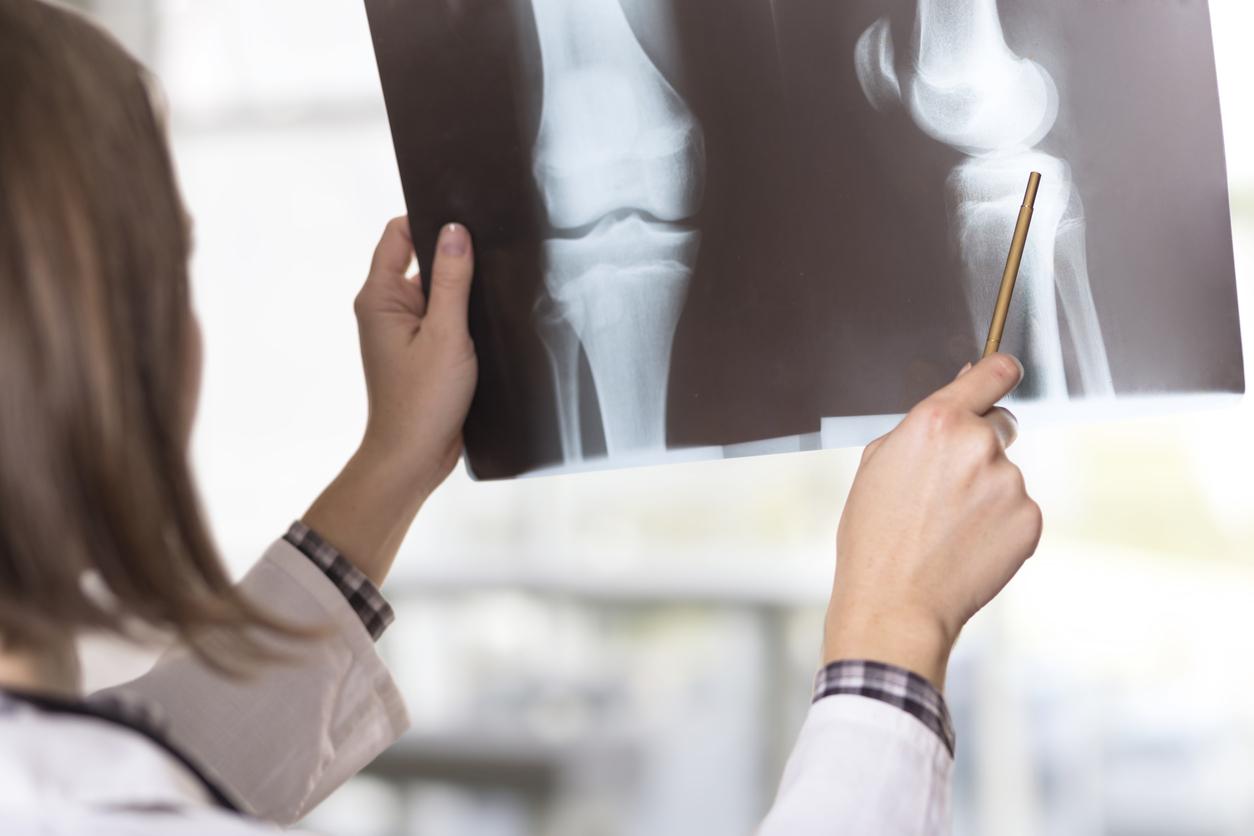Levothyroxine, an active substance with a therapeutic effect, increases the risk of greater loss of total bone mass and bone density in adults with thyroid disease.

- Levothyroxine is a synthetic version of a hormone, called thyroxine, that is not produced enough by the thyroid gland in adults with hypothyroidism.
- However, widely prescribed active substance use is linked to greater loss of total bone mass and bone density, even in patients with normal thyroid-stimulating hormone levels.
- “A risk-benefit assessment should be carried out, assessing the strength of the treatment indications against the potential adverse effects of levothyroxine,” in older adults.
In people with hypothyroidism, the thyroid gland does not produce enough thyroxine on its own, which often results in fatigue, weight gain, hair loss, and other symptoms. If left untreated, hypothyroidism can lead to serious and even fatal complications. To prevent this, levothyroxine medications are widely prescribed to patients. It is a synthetic version of the hormone thyroxine.
Levothyroxine: “A significant proportion of prescriptions can be given to older adults without hypothyroidism”
Sometimes patients take this substance for many years, but it is not clear why it was initially prescribed or if it is still necessary. “Data indicate that a significant proportion of thyroid hormone prescriptions may be given to older adults without hypothyroidism, raising concerns about subsequent relative excess of thyroid hormones even when treatment is targeted to reference objectives”, declared Elena Ghotbiresearcher at the Johns Hopkins University School of Medicine in Baltimore, Maryland (United States).
As part of a recent study, the results of which were presented during the Annual Meeting of the Radiological Society of North America (RSNA)the researcher and her team wanted to determine whether the use of levothyroxine and higher thyroid hormone levels fall within the normal reference range for thyroid-stimulating hormone, which is generally around 0.4 to 5.0 micro- units per milliliter, are associated with greater bone loss over time in older “euthyroid” adults, that is, adults with normal thyroid function.

Excess thyroid hormones are associated with increased risk of bone loss
For the purposes of the work, the scientists recruited and followed 445 adults, aged over 65, for approximately six years. Among them, 81 euthyroid users used levothyroxine and 364 did not. Participants had thyroid function tests consistently within reference ranges and had at least two medical visits. During the consultations, information on progression of bone density and changes in bone mass over time was collected. During the analysis, the authors also took into account other risk factors such as age, sex, height, weight, ethnicity, medication use, smoking history and consumption of drugs. ‘alcohol.
According to the results, levothyroxine use was linked to greater loss of total bone mass and bone density, even in participants whose thyroid-stimulating hormone levels were within the normal range. Faced with these data, researchers recommend that patients taking this treatment discuss it with their doctor and have regular thyroid function tests. “A risk-benefit assessment should be carried out, assessing the strength of the treatment indications against the potential adverse effects of levothyroxine in this category of the population,” they concluded.

















